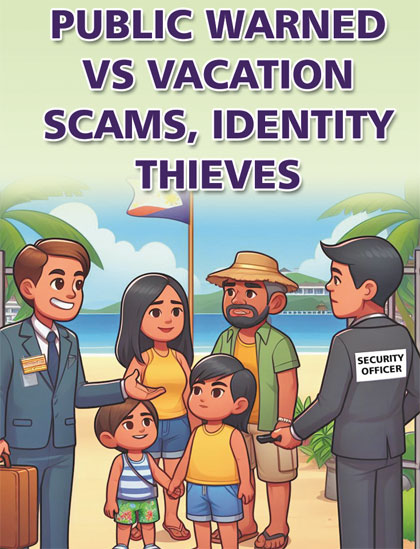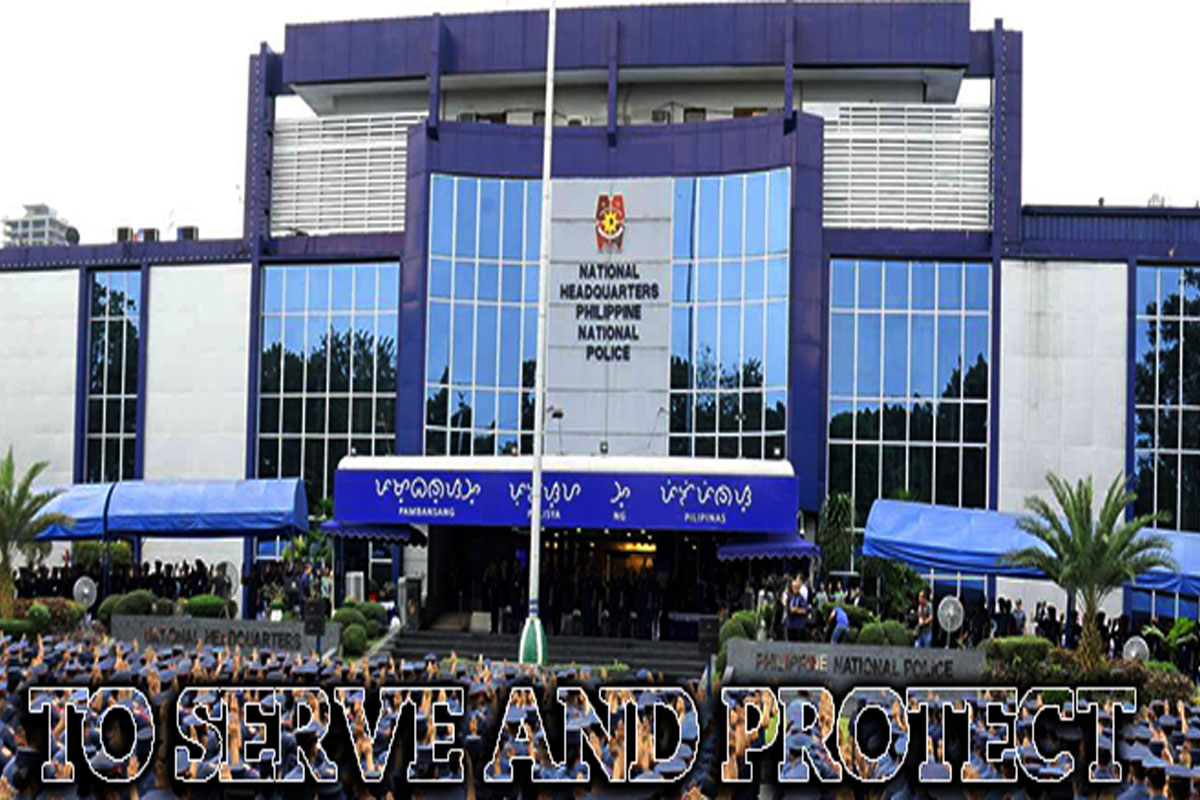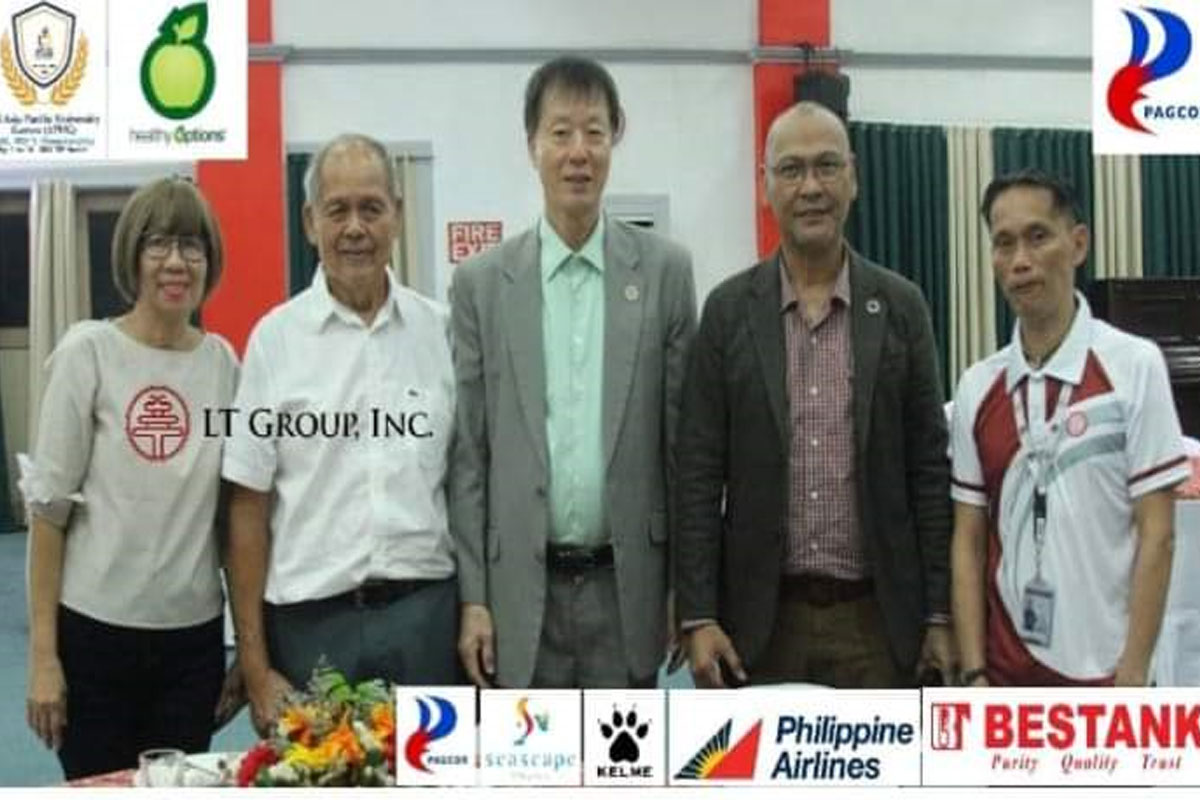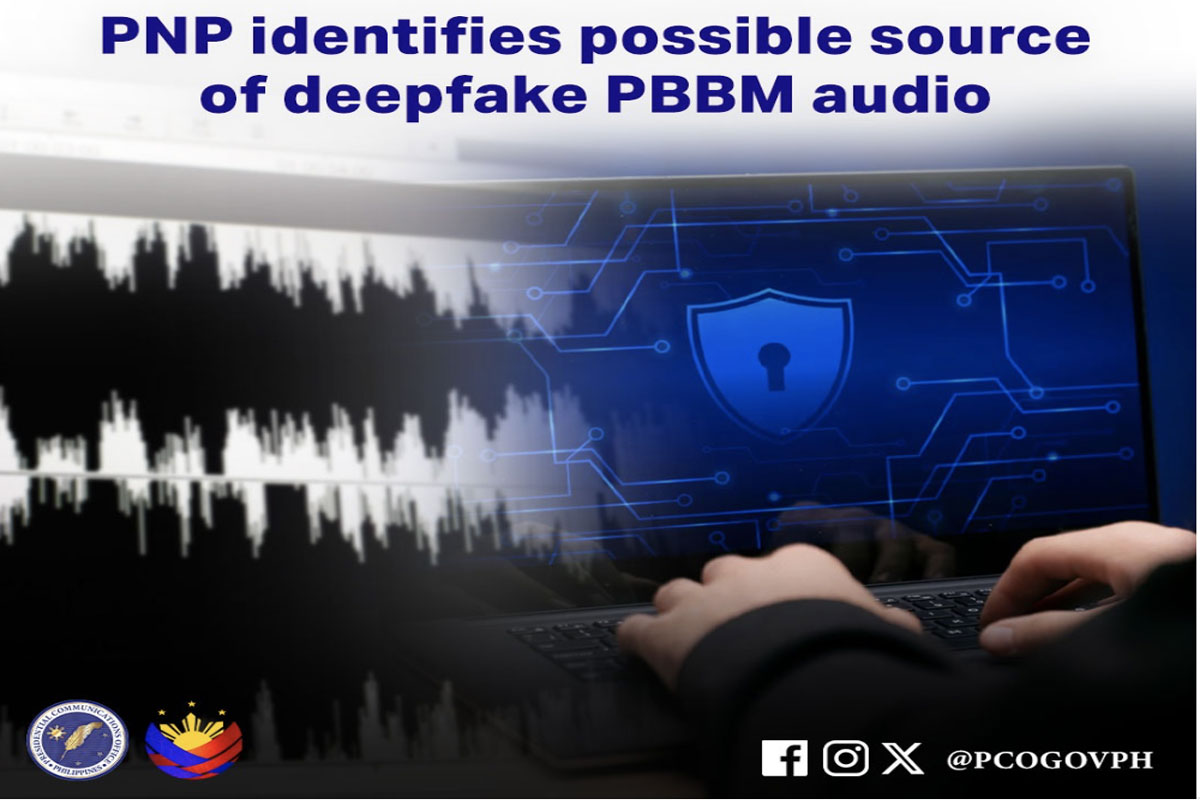
Public warned vs vacation scams, identity thieves
 THE Philippine National Police (PNP) has urged the public to keep a close watch on the so-called ‘vacation scams’ and identity thieves that may spoil their vacation this summer and observance of the Holy Week,
THE Philippine National Police (PNP) has urged the public to keep a close watch on the so-called ‘vacation scams’ and identity thieves that may spoil their vacation this summer and observance of the Holy Week,
“Vacation scams” involve con artists who are offering “too good to be true” prices for travels, local or abroad, complete with hotel accommodations with the end in view of stealing the money of their targets.
“Identity theft” is a scam which entails unauthorized access to a specific social media account.
Once the suspects infiltrate the accounts of their targets, they will use this access to send messages to the account owners’ contacts, often requesting urgent financial assistance under false pretenses.
According to the PNP Anti-Cybercrime Group (ACG) headed by Major General Sidney S. Hernia, they have documented 478 cases of vacation scams or accommodation/travel and tour scams which reveal a concerning upward trend since 2021.
The official said there were 39 cases in 2021, 91 in 2022, 313 in 2023 and 35 from January to February 2024, 35.
A vacation scam is a digitally-enabled crime in which criminals impersonate legitimate establishments, offering online accommodation services at prices lower than usual.
However, upon arrival, victims find their reservations nonexistent in the establishment’s system, thus they become the latest prey of the scammers.
Hernia said that when planning a vacation, everybody must exercise utmost caution.
“Conduct thorough research, rely on trusted websites for bookings, and refrain from providing personal or financial details online without verifying the legitimacy of the recipient.
By staying vigilant, you can protect yourself and enjoy a worry-free vacation experience,” he said.
Hernia also said they have noted a surge in cases of ‘hijack scam,’ another feature of identity theft, from November 2023 to February this year.
The PNP-ACG has documented 178 cases related to ‘hijack profile or identity theft scams’ during the past four months with incidents having peaked in February 2024 alone with 89 recovered cases indicating a concerning upward trend in this form of cybercrime.
Hernia said scammers use various tactics to gain access to the profile, such as phishing, hacking, or social engineering techniques, which is a violation of Section 4 (a) (1) (Illegal Access), (b)(2) (Computer-related Fraud) and (3) (Computer-related Identity Theft) of RA 10175 (Cybercrime Prevention Act of 2012).
Thus, he said that to prevent falling victim to a hijack profile scam, it is important to use strong, unique passwords for online accounts, enable multi-factor authentication whenever possible, be cautious about clicking on links or downloading attachments from unknown sources, and regularly monitor your online accounts for any suspicious activity.
PNP spokesperson Colonel Jean S. Fajardo also warned the public to closely watch for this scam. “We would like to take this opportunity to warn our public to be extra vigilant.
This is not limited to vacation scams, even those providing services, lalo na kung may kapalit agad na pera, this should be a cause for worry,” she said.
Fajardo called on travelers to ensure that they check the legitimacy of the websites and travel agencies offering “too good to be true” tour packages.
Fajardo has advised travelers to compare the prices being offered by legitimate travel agencies or airline companies with those being offered by suspicious individuals or groups.
The official urged the public to exercise due diligence when it comes to online bookings and to check with the Department of Tourism and airline companies the legitimacy of travels abroad being offered for very low prices.
She said that part of the modus operandi is that the victims would be asked to pay a down payment and sometimes, even full payment.
Once the payment has been made, the suspects will immediately block the accounts of their victims so they can’t contact them again.
Fajardo said they need the full cooperation of the public in addressing the problem. She said that in case one falls victim to the scam, one must do a screen grab of the suspect’s previous communications so that it could be used as evidence in court once the victim decides to pursue formal charges against the scammers.





















